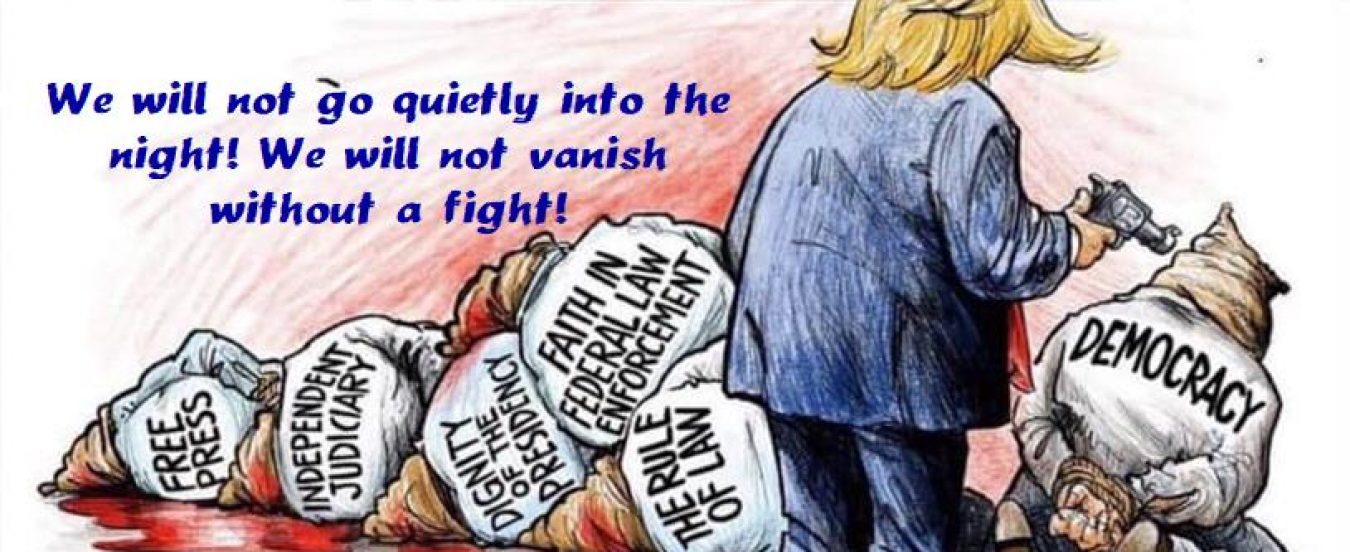Ninety years ago, when he called for a New World Order based on the economic interdependence of the world, Will Durant allowed for two options: “We must choose between a Pax Romana and a Balkanized world.”
Durant’s choice of “Balkanized world” proves as timely today as it was then. The newly-independent Balkan states were in constant turmoil, jockeying for territory and power. Today, after the catastrophe of the ‘90’s, countries on that peninsula still eye each other suspiciously.
A New World Order based on economic interdependence includes every country under its umbrella. Local populations can take care of their own needs; international concerns are mitigated to the benefit of the world at large. Say, an international climate accord.
President Trump’s shameful abandonment of Kurdish allies reminds us that 35 million Kurds live in Turkey, Syria, Iraq and Iran, with only those in Syria enjoying any degree of autonomy and those in Turkey considered enemies of the state from birth.
A long-affinity for Spanish poetry, my recent discovery of Barcelona’s Sant Andreu Jazz Band, and Ancestry DNA’s surprising claim that I have strong Iberian ties remind me that most of the 7.5 million Catalans and 3 million Spanish Basques want independence.
There is also a movement in Belgium where the Flemish majority wants to separate from French-speaking Walloons.
The European Union has seated two Catalan representatives (a third is in a Spanish prison) and is listening to the Flemish.
And, Scotland, which voted 62-38 percent against Brexit, and whose nationalist party dominated recent elections, is considering another vote on leaving the United Kingdom so that it can re-join the European Union.
The Scots, who gave us Adam Smith, realize that equitable world trade provides an opportunity small constituencies to interact on equal footing with larger countries.
Nationalities should determine their own futures. Under self-rule within a global framework, they could maintain their uniqueness and extend their particular insights to others, who would be doing the same to enhance the culture of this world of cousins.
Ironically, surveying Europe 85 years ago, Spanish philosopher José Ortega y Gasset observed its unified continental society and remarked: “The unity of Europe is not a fantasy, but reality itself; what is fantastic is the belief in France, Germany, Italy or Spain as substantive and independent units….Europe may well be called a swarm; many bees in a single flight.”
He continues: “This unitary character of the magnificent European plurality is what I should call the good kind of homogeneity, fruitful and desirable.”
He acknowledged that not everyone could see this reality, and, of course, Franco, Hitler, Mussolini and Stalin soon tried to undo this social reality in the most barbaric ways.
Today, with Western culture, American representational government and trade ties having spread around the globe, what Ortega noticed about Europe can be said about the world.
The xenophobic desires of Boris Johnson, Donald Trump, Vladimir Putin and Recep Tayyip Erdogan represent a retreat from the international cooperation needed to solve worldwide problems.
The current paradigm does not work. The historical cycle of conquer, domination, resentment, reprisal keeps us on the brink of annihilation. Official oppression serves only those in power. This, of course, leads to increased oppression of the “others” who might share power with them – or whose resources they covet.
In a seeming paradox, the recognition of the nationalistic aspirations of minorities would be protected by an international order. And, the more distinctive voices in the choir, the wider the repertory.
(Gary Edmondson is chair of the Stephens County Democratic Party: scdpok.us or facebook.com/SCDPOK/.)
